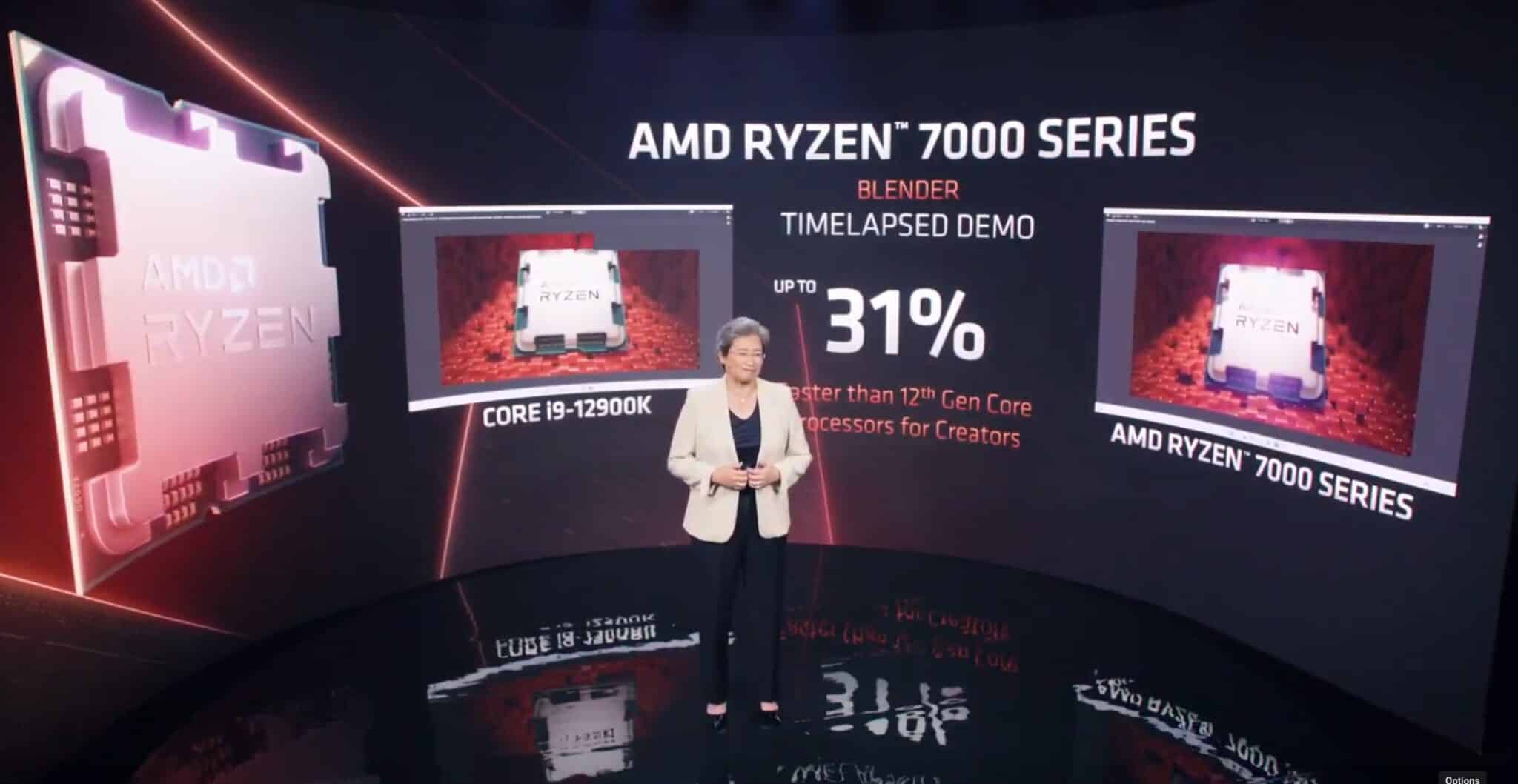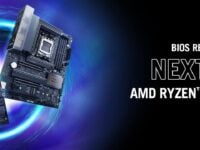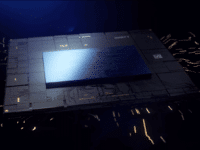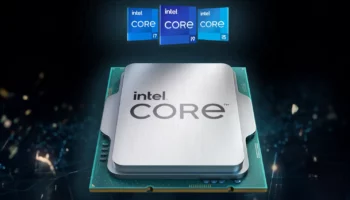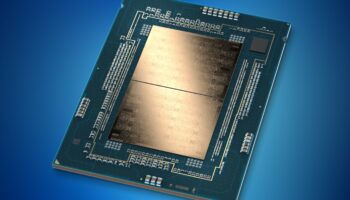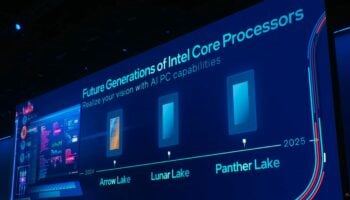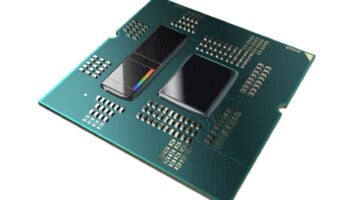AMD has officially announced its next-gen Zen 4-based Ryzen 7000 processors with a targeted launch this fall. Although the details are scant, many of the core specifications have been confirmed in line with existing rumors. Strangely, AMD hasn’t provided the IPC uplift figures for Zen 4, rather sharing the overall single-threaded gains. These are the result of the IPC and frequency increases, and come up to over 15% as per the official figures.
These figures are derived from the Cinebench R23 single-threaded benchmark where the 16-core Zen 4 processor is paired with a reference X670 board, dual-channel 32GB DDR5-6000CL16 memory, and the Asetek 280MM LC. The chip was compared against the Ryzen 9 5950X on Windows 11 Build 22000.593.
Without revealing the finer-grained details about the Ryzen 7000 CPUs, AMD confirmed that they’ll feature up to two Zen 4 chiplets and a 6nm I/O die with integrated RDNA 2 graphics and DDR5+PCIe Gen 5 controllers.
The AM5 socket will feature up to 24 PCIe Gen 5 lanes and 14 SuperSpeed USB 20Gbps and Type-C ports.
As already reported over the past few days, there will be a total of three 600 series chipsets at launch, namely the X670E, X670, and the B650. The X670E will leverage PCIe Gen 5 for storage (M.2) as well as graphics, X670 for storage or graphics, while the B650 will limit it to storage.
AMD didn’t provide any concrete gaming performance figures. However, we did get the nod that these chips will boost well over 5GHz, with the top-end SKUs hitting 5.5GHz under load (single-threaded). The all-core boost is likely to be around 5GHz.
The content creation performance is a healthy 31% higher than Intel’s rival Core i9-12900K in Blender. These are both 16 core processors (although one is a hybrid core design) with roughly the same boost clocks, so we’re once again looking at a 15-20% single-threaded performance gain. At the same time, it’s worth noting that Zen 4 will compete with Raptor Lake rather than Alder Lake, so in that perspective, these figures seem a little underwhelming. It’s possible that AMD is planning a Ryzen 7000X3D launch to tackle Intel’s 13th Gen lineup but for this year, enthusiasts will have to be content with vanilla Zen 4.
